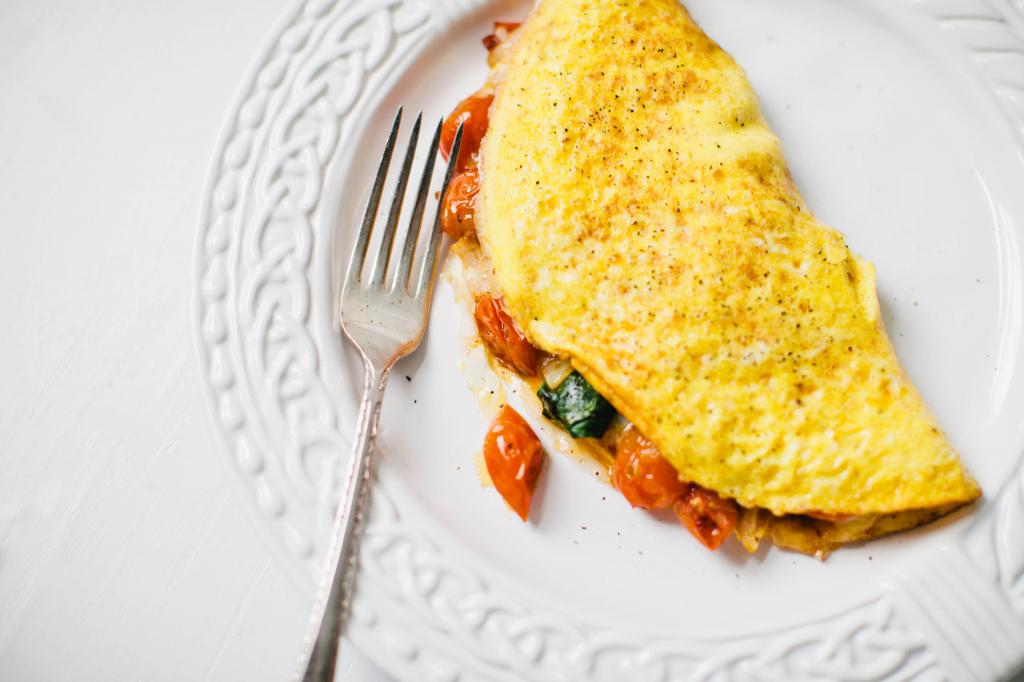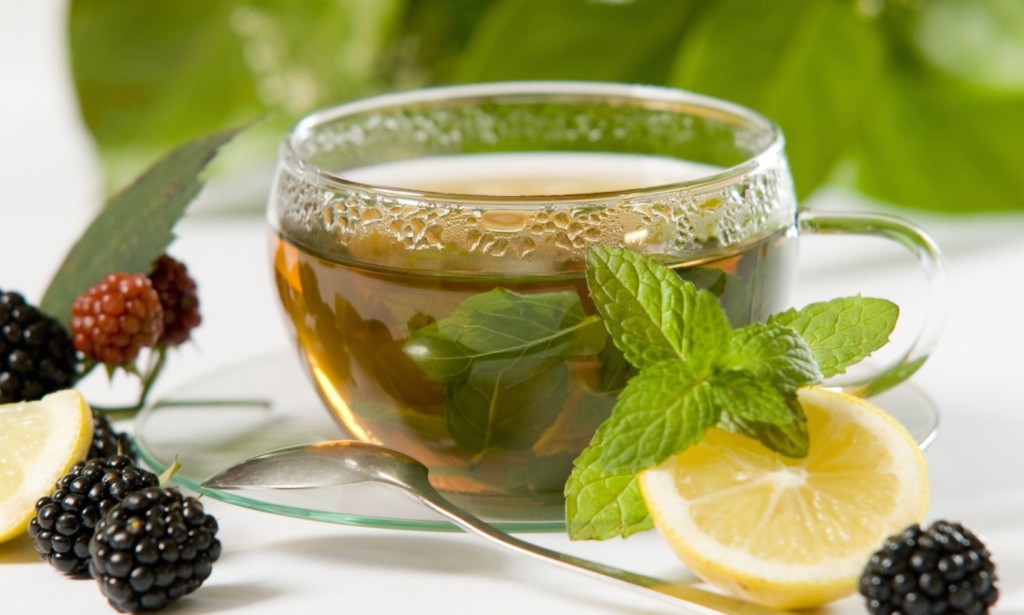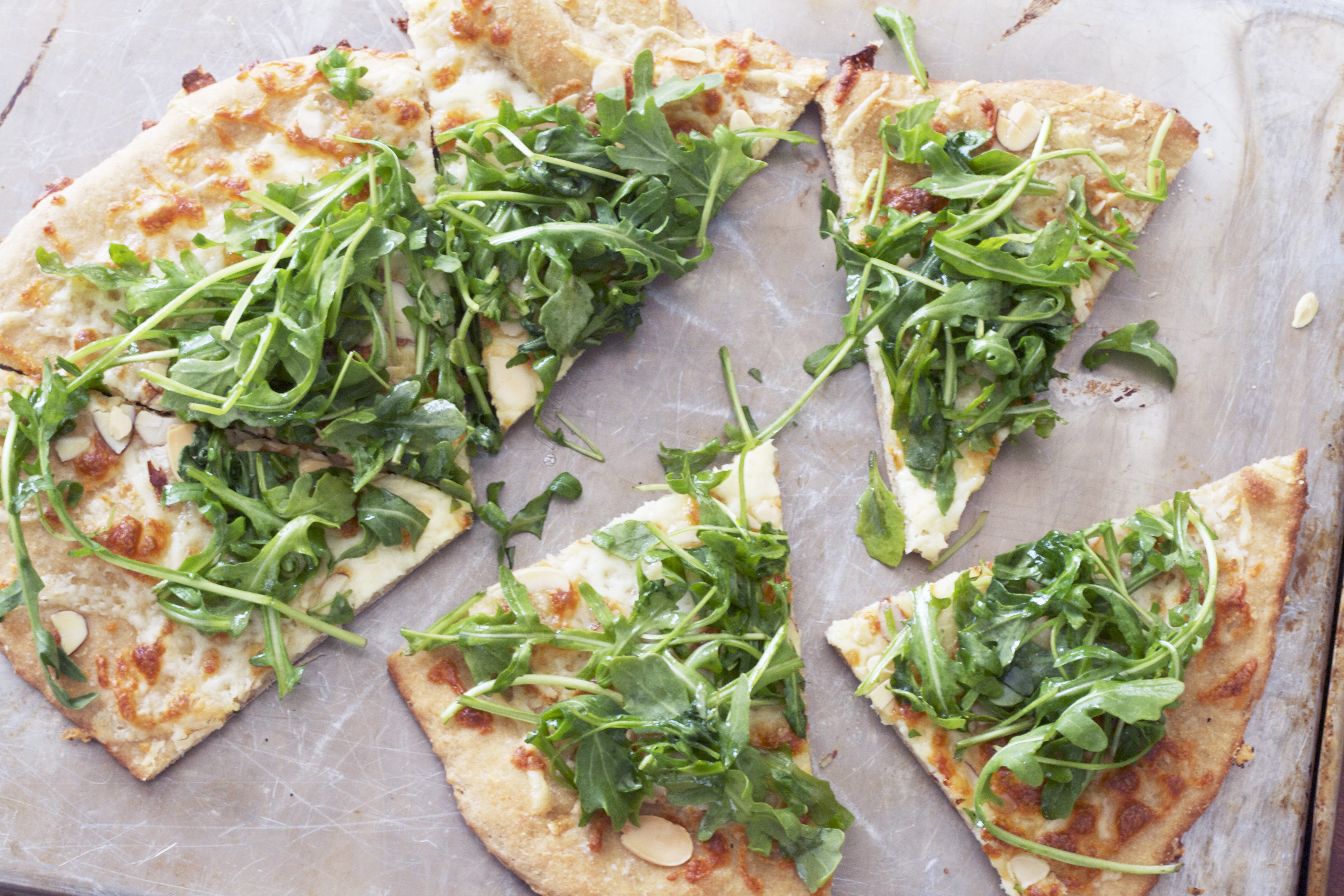It was an exciting day here in St. Louis as the Go! St. Louis marathon took full form, drawing in runners and supporters of all ages. The sun was shining, people were cheering, and I was standing at the finish line, wondering why on earth these people would willingly wake up at five in the morning to run 26.2 miles. However, inspired by their drive, we at Spoon have compiled a few tips (and recipes) to help you move from the stands to the starting line.
Whole Grains:
Carbohydrates supply important long-lasting energy for athletes, but don’t go reaching for that butter croissant from Cherry Tree. Instead, stick to whole grains; they have natural fiber that helps you feel full longer and aren’t refined (aka stripped of nutritional value) like white breads. When reading the ingredients on a packaged food, look for the word “whole” instead of “enriched” to ensure the product is actually whole grain. Next time you feel like cooking, pick up some whole wheat pizza dough, marinara sauce, fat-free mozzarella cheese, and some veggies for a little personal whole wheat pizza.
Fruits and Vegetables:
Veggies are the most nutritionally dense foods available, and each color provides different benefits (orange foods supply beta-carotene, greens have folate and vitamin C, etc.). Many nutritionists recommend “making your plate a rainbow,” which basically means eating a bunch of different colored fruits and vegetables to maximize nutritional value. This pistachio and grapefruit salad is a perfect example. Arugula is packed with iron and grapefruit provides flu-fighting vitamin C. Together, these super foods will keep your immune system and muscle function high.
Protein:
Intense exercise will put a strain on even the most fit college student’s body, so make sure to eat protein while building healthy muscle. Although some people swear by protein powders and mixes, we prefer to get protein from natural whole foods like meat, beans and especially eggs. Eggs contain 6 grams of protein and can be cooked in multiple ways, like this spinach, tomato, and onion omelet. (Another great way to sneak in your veggies with every meal.)

Photo courtesy of Kaytee Lauren
Liquids:
Finally, one of the most important things an athlete can do to take care of their body is to stay hydrated. Carry around a water bottle and refill it as often as possible and if you, like many college students, make a daily trip to the cafe, try substituting that vanilla latte with a hot cup of green tea. Similar to coffee, it will give you the caffeine to make that 8am workout session but is also loaded with antioxidants to keep you alert and healthy.

Photo courtesy of deltalabs
Like all diets, this is easier said than done. If your diet currently consists of chocolate chip muffins and chicken fingers, start making these changes gradually. By slowly evolving your diet to include more foods that are conducive to your training, it will be more manageable and more likely to stick in the long run (get it?).






